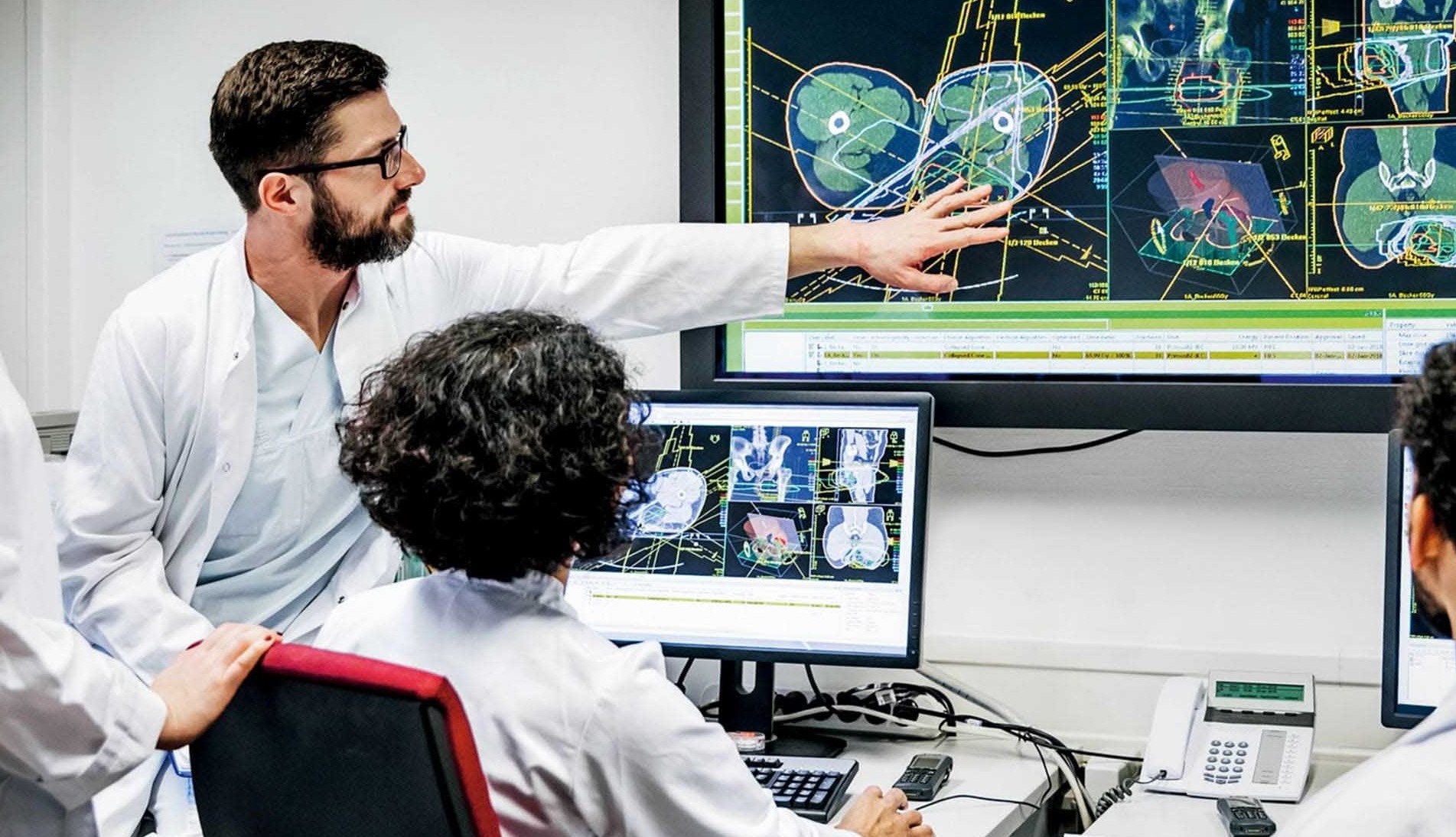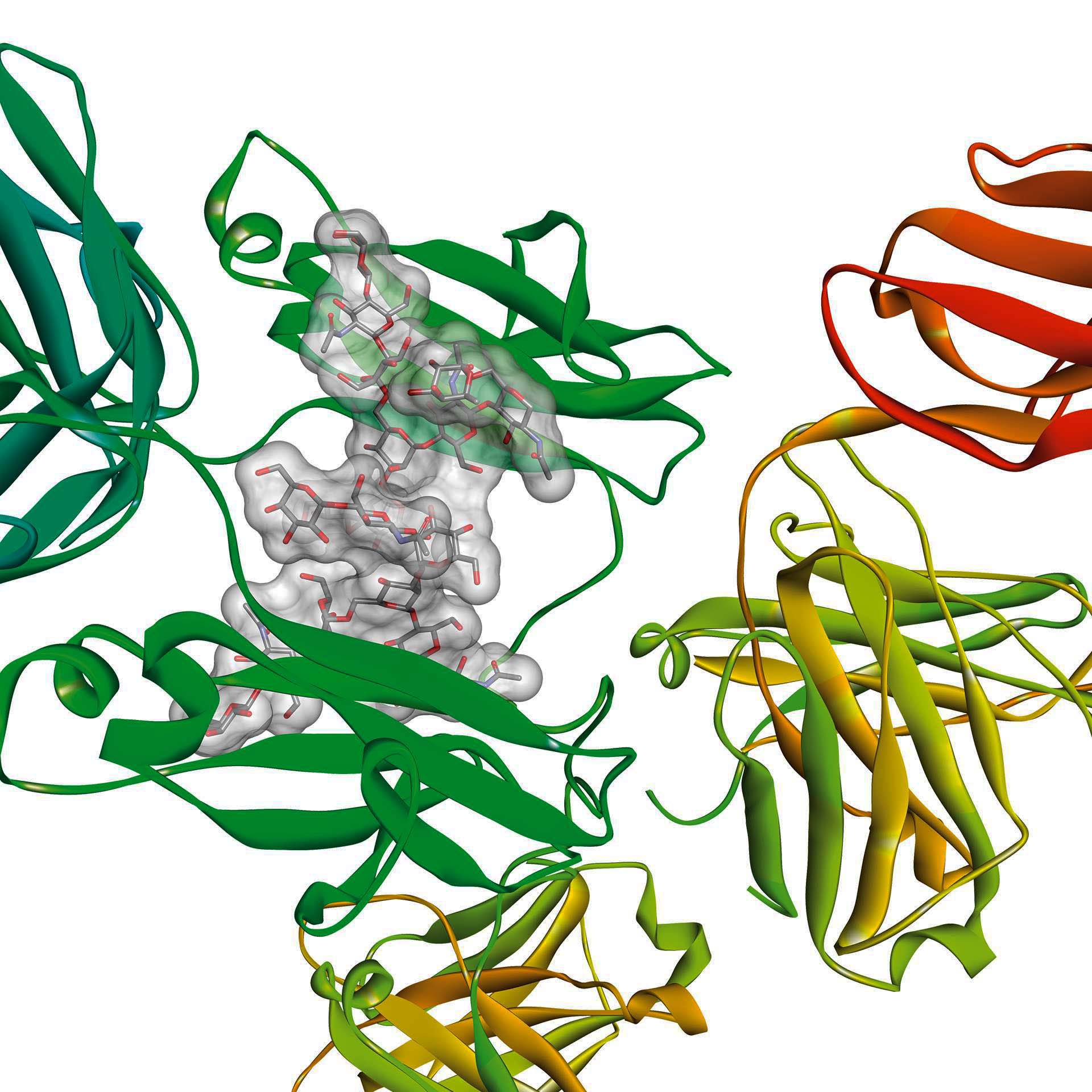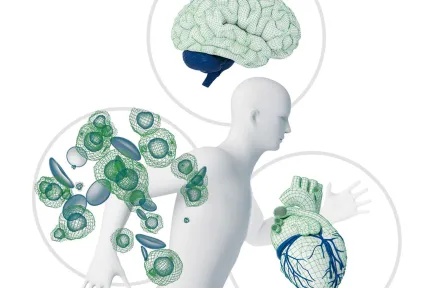Digital transformation and the business of healthcare
Across the industry, from biopharmaceutical and medical device companies to hospital systems, everyone is seeking the next big technological innovation.
DIGITAL TRANSFORMATION IS CHANGING THE BUSINESS OF HEALTHCARE AT BREAKNECK SPEED.
"Across the industry, from biopharmaceutical and medical device companies to hospital systems and regulators, everyone is seeking the next big technological innovation. But our eyes are on the ultimate prize: to help develop new treatments, enhance care, improve outcomes, maximize efficiency and increase value in our data-powered world. Medidata is helping to combine and amplify breakthroughs in medical science and artificial intelligence to realize the promise of precision medicine.
The ability to provide the right treatment to the right patient at the right time will be transformative in the way we diagnose and deploy medicines. Precision medicine is only made possible by collecting and analyzing massive amounts of data. And that demands that we adopt a new mindset. To be specific, three new mindsets.
First is that more and different types of data will need to be collected to realize the potential for personalized prescriptions. Rather than learn all we can about a specific organ or disease state, we need to take a holistic approach. After all, we are the sum of our genetics and biomarkers, plus our medical and family history, our activities of daily life, and our ability to move, remember and engage with others. This is what drives Medidata. Our people, experience, expertise and our next generation of tools will help provide the evidence and insights to demonstrate the value of new therapies and devices to regulatory authorities, medical professionals, patients and insurers.
The second shift in thinking involves the current R&D model – in place for about 80 years – of attempting to find the most effective treatment for the greatest number of patients. But, as we learn more about the individual both biologically and behaviorally, the more likely it is that a particular therapy will not be the most appropriate choice. Our work in Idiopathic Multicentric Castleman Disease (iMCD), a rare, difficult to diagnose, life-threatening disorder, illustrates this point.
Early testing to predict treatment response to siltuximab (the only FDA-approved drug for iMCD) is urgently needed to inform clinicians about the likelihood of patient response to therapy, adjust treatments if needed and identify novel therapeutic targets for siltuximab non-responders. Medidata partnered with the Castleman Disease Collaborative Network and used our proprietary machine-learning algorithms to identify a protein biomarker that could be used to measure the likelihood of response soon after beginning therapy. Starting from an efficacy rate of 19% for siltuximab, we identified a subset of patients where the efficacy rate was almost 70%. We helped to create a real source of hope for patients.
Patients are where we see the third needed change in mindset: we must place the patient at the center of our efforts. The patient is as much a partner in transforming healthcare as drug developers and medical professionals. That is why Medidata pays special attention to patient needs and works to ensure clinical trials are as targeted, efficient and accessible as possible.
With this imperative, Medidata is pioneering “virtual” trials and “synthetic” controls to speed the development of new therapeutics and minimize patient exposure to potentially harmful agents. Traditionally, clinical trials have required at least two groups to prove that a treatment is effective. Each time a patient took the new treatment, another patient, taking either a placebo or the standard treatment, was required as the control group.
Today, we are able to compare patients receiving new treatments with a much smaller control group by reusing patient data from previous studies. This predictive modeling is made possible by the industry’s largest structured, standardized clinical trial data repository, connected with real world, translational and other datasets.
The ever-growing Medidata solutions are built upon more than 20,000 trials and nearly 6 million patients. Medidata’s end-to-end solution for clinical development is powering the digital transformation of the life sciences industry, enabling our partners and customers to turn ideas into new scientific realities."
Glen de Vries, Co-Founder and Co-CEO of Medidata

THE PATIENT EQUATION, THE DATA-DRIVEN FUTURE OF PRECISION MEDICINE AND THE BUSINESS OF HEALTHCARE*
In The Patient Equation, Glen de Vries sets out his ideas and strategies for helping scientists, medical professionals, policymakers and patients advance and accelerate the digital transformation of the life sciences. He explains how biotech, pharmaceutical and medical device companies can embrace the data revolution to deliver faster, cheaper and more effective solutions for patients. With more and diverse forms of data, precision medicine can become a reality where scientific and medical decisions are enhanced by algorithms – our individualized patient equations – to deliver the right treatment at the right time.
*Available in Summer 2020




